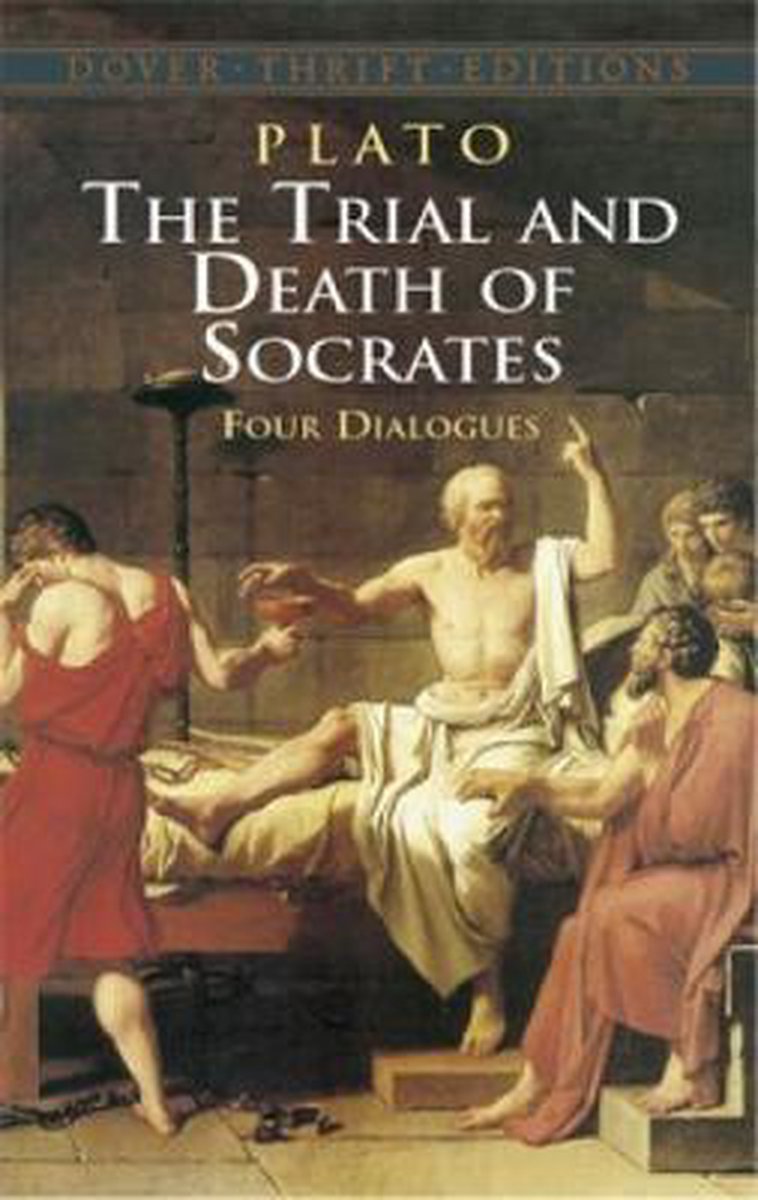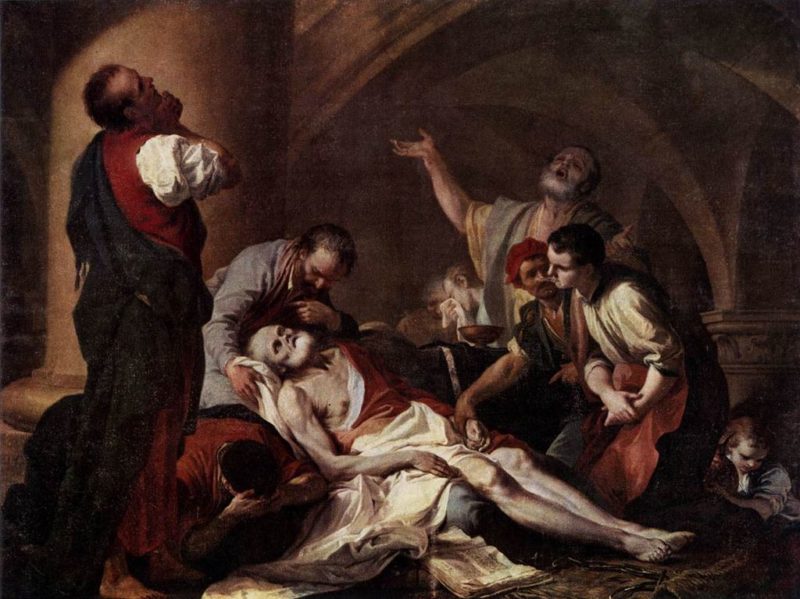

Still, general studies of the work often treat both the Apology and the trial together in parallel. It is much less common than it once was to treat the Apology primarily as a good-faith effort to record the facts of the historical trial of Socrates. As a result, the bibliography related to the Apology, and to the trial of Socrates, is vast. Plato’s decision to recall the trial of Socrates in so many works, probably written many years apart, attests strongly to the centrality of the Apology for his understanding of philosophy. Crito takes place in the prison while Socrates awaits execution, and Phaedo on the last day of Socrates’s life. Two dialogues also are set after the Apology, and so implicitly offer a commentary on the trial. A discussion of their respective circumstances (1a–2b) leads to the discussion of holiness that engages them for the rest of the dialogue. At the conclusion of that hearing he meets Euthyphro, who has come to prosecute his father for the murder of a slave, and commences the dialogue named after him. At the end of Theaetetus (184d), Socrates leaves the discussion to attend a reading of the charges against him in the agora at King’s Stoa. It also serves as the pivot in a series of dialogues set in the last weeks of Socrates’s life. The Apology is alluded to frequently in the Platonic dialogues. Despite its atypical form, the Apology is clearly important for understanding the significance of Socrates for Plato, and it has been remarked frequently that through him the work functions virtually as a foundation myth for the Western philosophical tradition. It is unique among Plato’s works because it is not a dialogue, and it exploits many of the conventions of Athenian forensic oratory. It consists of three parts: the defense proper (17a–35d), Socrates’s response to the guilty verdict (35e–38b), and a pair of speeches directed respectively at those who voted for the death penalty, and at those who voted against it (38c–42a). 393) but before Plato’s first voyage to Sicily (387).


The date of its composition is unknown, but the work is generally believed to have been composed after the publication of Polycrates’s Accusation of Socrates (c. The Apology of Socrates takes its name from Plato’s version of the defense speech (Greek, apologia) given by Socrates at his trial.


 0 kommentar(er)
0 kommentar(er)
